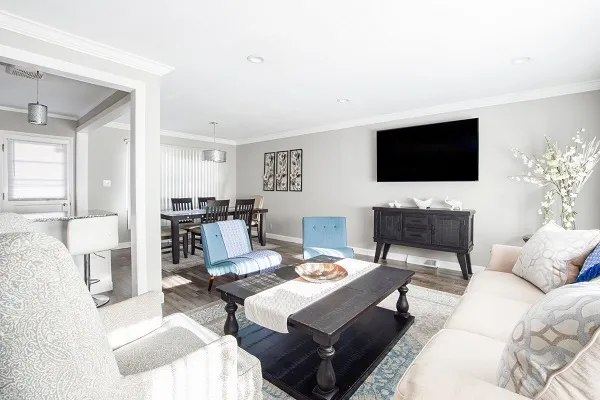
Co-living operators could save 25% of expenses over traditional renting model: report
Underperforming hotels and serviced apartments in Hong Kong are converting into co-living spaces.
Co-living operators could save up to 25% in expenses over the traditional renting model as co-living offers residents shorter and more flexible lease terms compared to condominiums ready-to-move-in convenience with property prices rising in gateway cities, according to JLL’s Co-living in Costly Cities – Asia Pacific report.
Investors could also stand to benefit from significant savings by working with co-living operators that play a multi-functional role, JLL said.
Furthermore, Hong Kong’s underperforming hotels and serviced apartments are converting to co-living spaces as building owners seek to improve rental yields.
“The shift away from simply a form of affordable housing towards a lifestyle choice is also drawing a new wave of investors into the Hong Kong co-living sector. Over the past 12 months, a number of new schemes have opened where rents that are on par, if not higher, than in the private rental market. The success of these new schemes is redefining the basic assumptions used in underwriting co-living investments,” Denis Ma, head of research at JLL in Hong Kong, said.








![Cross Domain [Manu + SBR + ABF + ABR + FMCG + HBR + ]](https://cmg-qa.s3.ap-southeast-1.amazonaws.com/s3fs-public/styles/exclusive_featured_article/public/2025-01/earth-3537401_1920_4.jpg.webp?itok=WaRpTJwE)









 Advertise
Advertise


